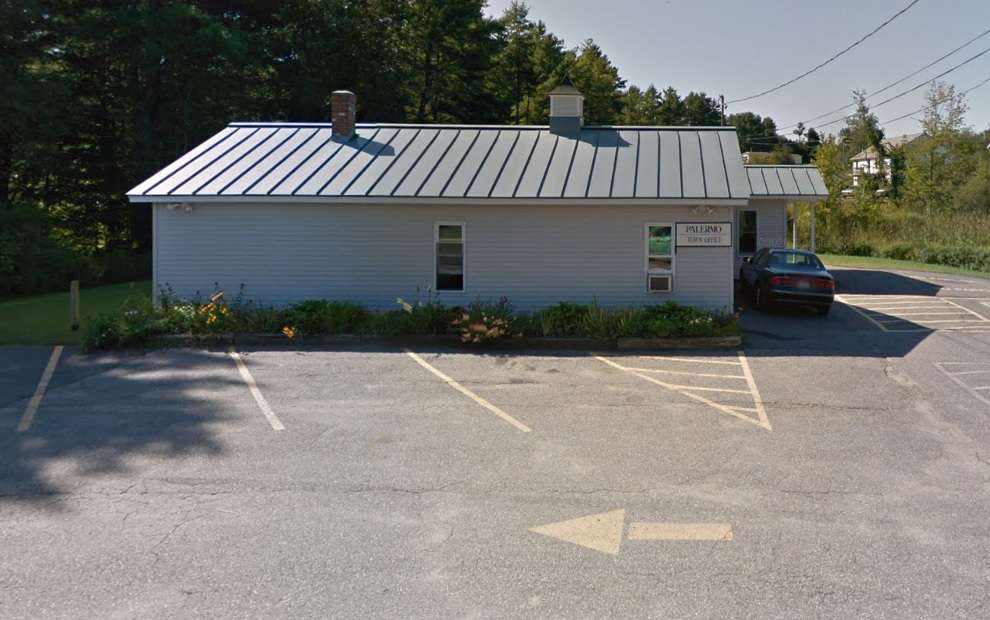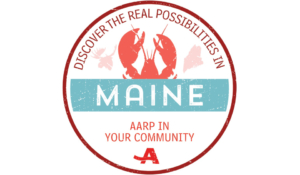COMMUNITY COMMENTARY: A matter of fairness and responsibility
 by Tory Stark
by Tory Stark
Take a moment to visit the Town of China’s interactive tax map and search for Tax Map 63, Lot 078, located at the head of the lake. You’ll find something surprising: a parcel of land with no listed owner. This isn’t a glitch — it’s the result of a long-standing error. For decades, this land was mistakenly claimed by the town, despite being used, maintained, and taxed as part of The Landing LLC’s property. The town has since received a legal memorandum affirming it does not own this land — yet it has refused to take the simple, corrective step of updating the public record.
Instead, Town leadership is effectively requiring The Landing LLC to initiate a court case in Superior Court — a process that would come at significant cost to us, and an unknown legal expense to the Town and its taxpayers. This is despite the fact that ownership is no longer in question. According to legal professionals I’ve consulted, this issue has already resulted in approximately $20,000 in title research and legal fees. The matter is resolved — with no legitimate dispute remaining.
This isn’t a bureaucratic oversight — it’s a political decision. Rather than submit a $22 municipal quitclaim deed to the Registry of Deeds to reflect what is already legally established, the town continues to delay. Meanwhile, taxes are not being collected on the parcel in question. To offset this, the Town has incrementally increased the tax burden on the adjacent parcel owned by The Landing. Even then, the full value hasn’t been recovered — leaving the remainder quietly absorbed by every other property owner in China.
Over the past five years, The Landing has made significant investments to help build a better restaurant that showcases our lake, supports local jobs, and contributes to a stronger community. In just the past three years, we’ve invested over $200,000 in electrical upgrades, lighting, IT infrastructure, dock and driveway improvements, picnic tables, equipment, and operational enhancements — all to improve The Landing and better serve the town. We’re proud to contribute — but we cannot continue to grow while operating under the cloud of a title dispute. Banks will not finance a deed clouded by controversy, and this unresolved issue now stands in the way of further investment and development.
If you believe the town should take responsibility and formally correct this error, please contact town leadership and respectfully share your concern. A single phone call could help ensure that our local government acts with fairness, transparency, and accountability.
Town Manager: Becky Hapgood – (207) 445-2014
Selectman: Edwin Bailey – (207) 692-6930
Selectwoman: Jeanne Marquis – (207) 649-3836
Selectman: Blane Casey – (207) 631-2412
Selectman: Wayne Chadwick – (207) 445-3500
Selectman: Thomas Rumpf – (207) 314-1644
Community Commentary is a forum The Town Line makes available for citizens to express their opinions and/or concerns on subjects of interest to our readers, and is not necessarily the views of the staff or the board of directors. The Town Line welcomes, and encourages, supportive comments, differing opinions, counterpoints or opposing views. Keep the rebuttals positive, and informative. Submissions containing personal attacks will be rejected.



 COMMUNITY COMMENTARY
COMMUNITY COMMENTARY
 by André Chassé
by André Chassé COMMUNITY COMMENTARY
COMMUNITY COMMENTARY